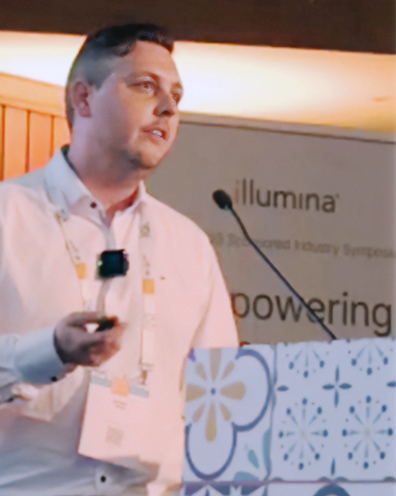Studies of aberrant methylation, altered transcription factor binding, and other epigenetic alterations can provide insight into important tumorigenic pathways.
Methylation sequencing enables high-resolution mapping of DNA methylation, a key epigenetic event that regulates gene expression and cellular identity. Using next-generation sequencing (NGS), researchers can detect methylation at single-base resolution across the genome, uncovering patterns in CpG, CHH, and CHG contexts.*
*CpG: Genomic region where cytosine is directly followed by guanine; CHH and CHG: Other genomic regions where methylation can occur, defined by a cytosine that is immediately followed by any nucleotide other than guanine (H = A, T, or C)


